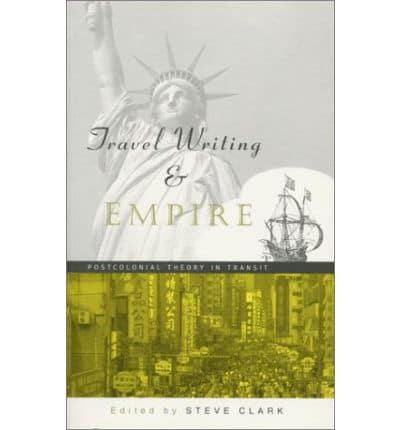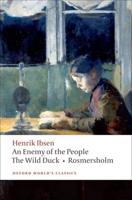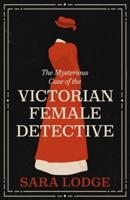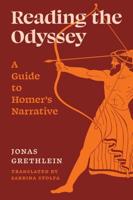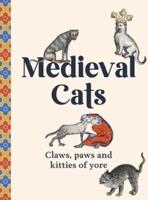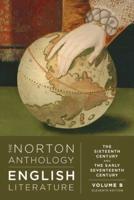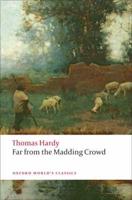Publisher's Synopsis
Travel writing has become central to postcolonial studies. This book provides an introduction to the genre, particularly to its dynamics of power and representation, and the degree to which it has promoted ideologies of empire. The book combines detailed evaluations of major contemporary models of analysis - new historicism, travelling theory, and post-colonial studies - with a series of specific studies detailing the complicity of the genre with a history of violent incursion from Columbus' reports from the New World through to the nomadism of postmodern travelogue. Among its particular areas of concern are * 'Othering' discourses - of cannibalism and infanticide * the production of colonial knowledge - geographic, medicinal, zoological * the role of sexual anxiety in the construction of the gendered, travelling body * the interplay between imperial and domestic spheres * reappropration of alien discourse by indigenous cultures. Post-colonial studies has concentrated on travellers as conduits of erasure and appropriation. This book resists the temptation to think in terms of a simple monolithic Eurocentrism and offers a more complex reading of texts produced before, during and after periods of imperial ascendency. In doing so, it provides a more nuanced account of the hegemonic functions of travel-writing. As such it is necessary reading for students and academics of cultural studies, literary theory, anthropology and history.
